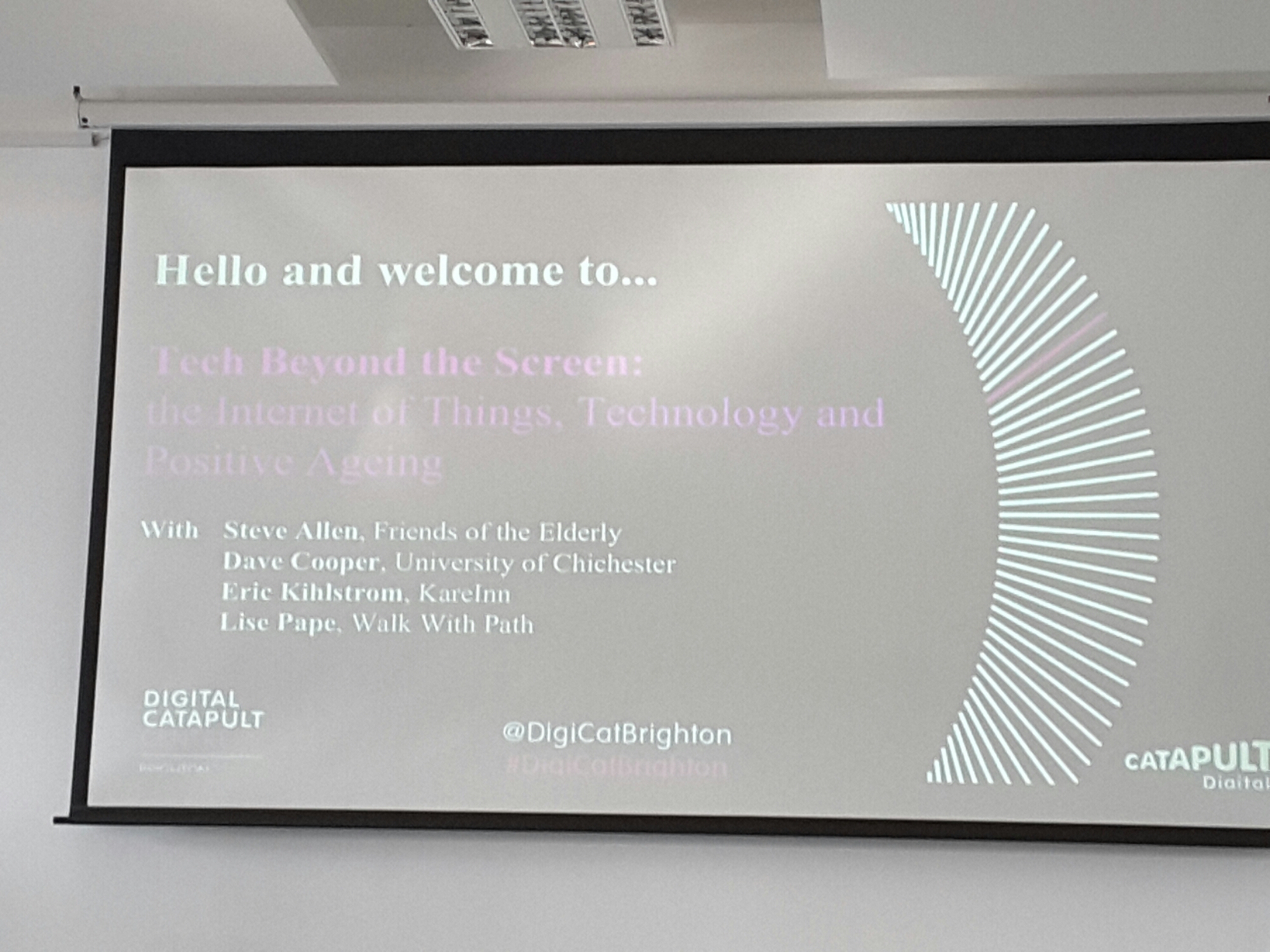
The internet now contributes to 8.3% of the UK economy – roughly £2,000 per person – and that figure is set only to rise.
By contrast, today sees the start of Age UK’s annual myfriendsonline week – an event geared around helping older people discover the social side of the internet (Admission: I work for Age UK, so I have a vested interest).
While the two are not inextricably linked, the ever-increasing importance of the internet to our economy – 13.5% of transactions were carried out over the web in 2010 – makes the number of people who don’t have online access even more shocking.
There are currently 8.2 million people in the UK who are digitally excluded (of which 5.7m are people in later life). This number has dropped from 10m in 2009, largely thanks to the efforts of RaceOnline and its associated partners, but there’s still a lot to do.
Of these 8 million people, there will inevitably be some deliberate refuseniks, who want nothing to do with it, but, at Age UK, we know there are consistent common reasons that, specifically, put older people off getting online. They are:
1. Not knowing ‘how it works’
2. Lack of confidence
3. Worry about ‘doing something wrong’
4. Safety and security issues.
There is also a fear that once they learn how to use the internet, it will take over their life and they will ‘waste time’, rather than doing ‘real-life activities’, such as socialising.
The benefits of being online seem obvious to those of us already here and who are tech-savvy, but imagine how you’d cope without it now.
Try to think of a world where you don’t have a smartphone – just one that makes calls and sends texts. You have no laptop at home or no PC at work – no social media, no emails, no ecommerce. Scary isn’t it?
That’s why it’s so important to help those people who aren’t online make the jump.





